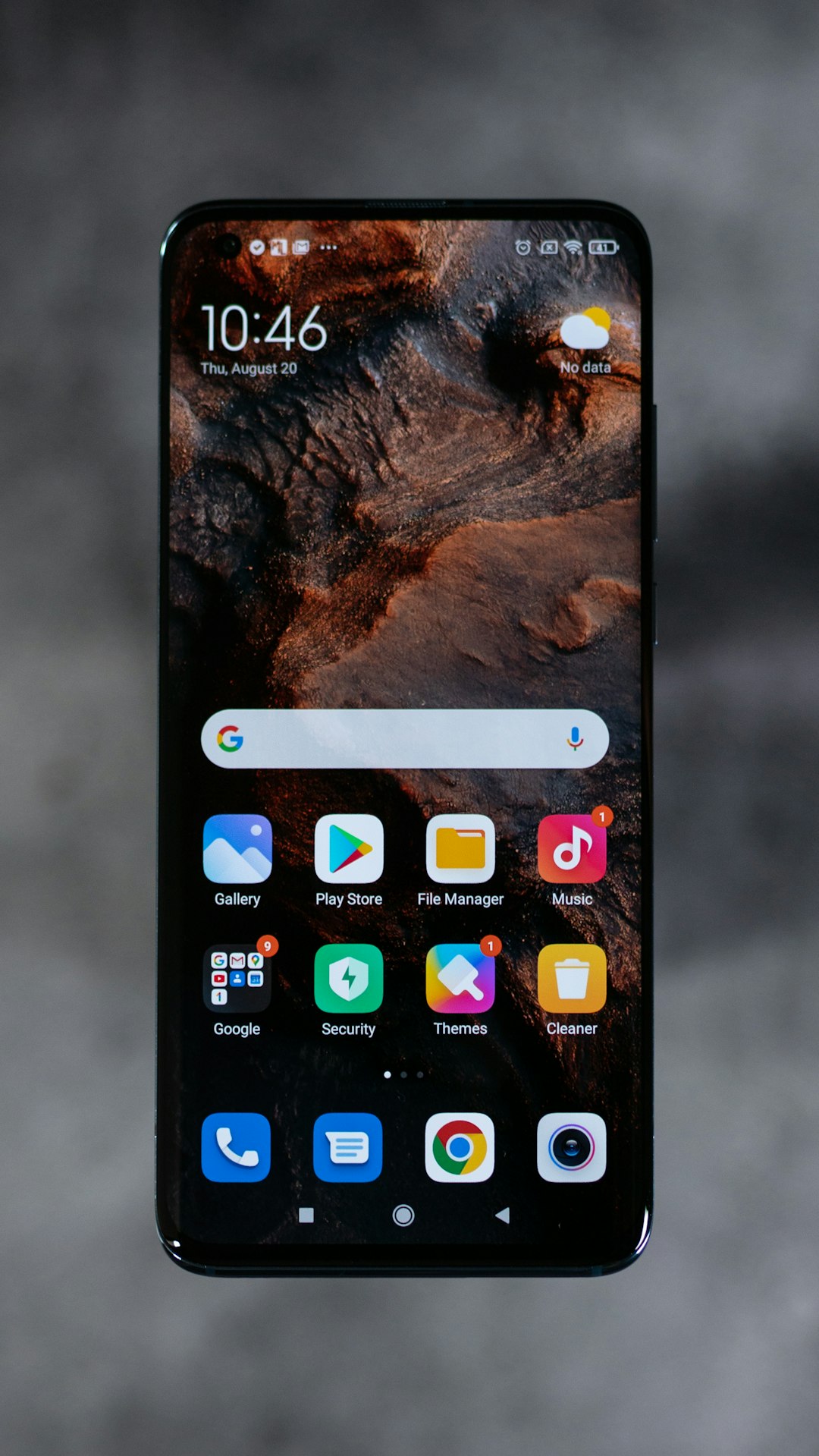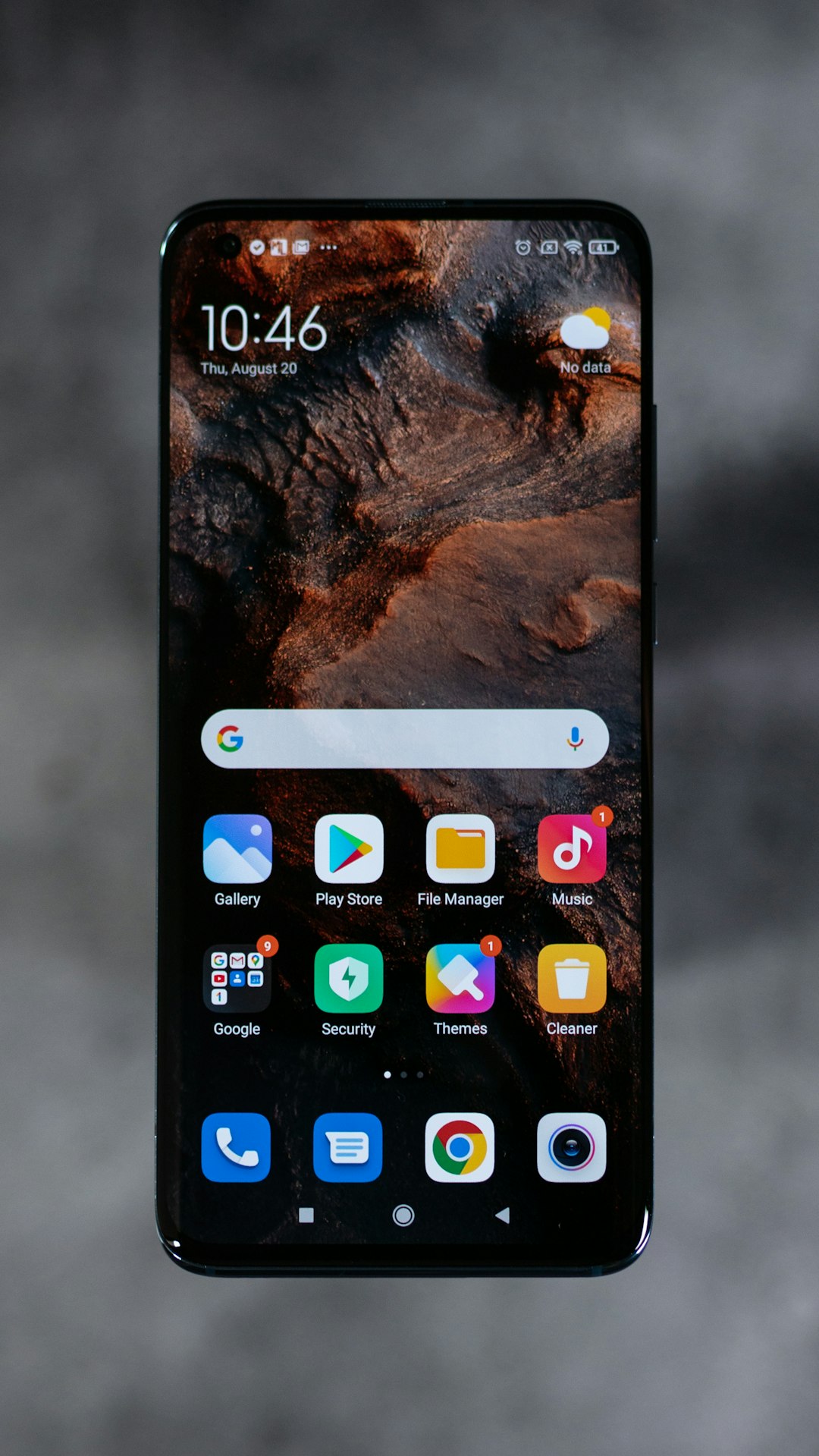In South Carolina, residents face privacy concerns from robocalls, despite lack of specific state laws. Existing privacy legislation offers protections, with legal experts, known as Robocall Lawyers South Carolina, guiding individuals on their rights against unwanted communication and deceptive telemarketing practices. These specialists navigate TCPA and state laws to block calls, provide guidance, and take action against companies violating privacy regulations, ensuring residents' consent is respected and personal data is protected in a digital age where consumer rights are at risk.
In the age of relentless robocalls, understanding your privacy rights is more crucial than ever. This guide delves into the intricate link between automated phone calls and individual privacy in South Carolina, highlighting state-specific laws designed to safeguard citizens. From recognizing your rights under SC’s privacy regulations to comprehending how a Robocall Lawyer can act as your shield against intrusive calls, this article equips you with vital knowledge. Empower yourself with the facts and take control of your privacy today.
The Rise of Robocalls and South Carolina's Privacy Laws

In recent years, the rise of robocalls has become a growing concern for residents across the nation, including South Carolina. Automated phone calls and texts from unknown numbers have led many to question their privacy rights and seek protection. As technology advances, so do the methods of communication, and robocalls have proven to be a persistent and invasive issue. This has prompted a closer look at existing privacy laws in South Carolina and the role of a Robocall Lawyer South Carolina in addressing these concerns.
South Carolina’s privacy laws are designed to safeguard residents’ personal information and communication choices. While there are no specific state laws exclusively targeting robocalls, various provisions protect consumers from unsolicited calls and texts. A Robocall Lawyer South Carolina can help individuals understand their rights and take action against violators. They play a crucial role in ensuring that privacy rights are respected and that residents are not burdened by excessive or unwanted communication attempts.
Your Rights: Navigating Robocall Regulations in SC

In South Carolina, as in many other states, there are strict regulations in place to protect residents from unwanted robocalls. Understanding your rights is essential when dealing with these automated calls, especially considering the frequent occurrence of fraud and privacy invasions associated with them. If you’re experiencing a barrage of robocalls or suspect your personal information is being misused, consulting a Robocall Lawyer South Carolina can provide guidance on how to proceed legally.
State laws permit residents to register complaints against telemarketers who violate do-not-call lists and engage in deceptive practices. Knowing your rights allows you to take proactive measures against persistent robocalls and ensures that your privacy is respected. By familiarizing yourself with the legal framework, you can better protect yourself from potential scams and hold offenders accountable.
How a Robocall Lawyer Can Help Protect Your Privacy

In the age of technological advancements, robocalls have become a ubiquitous part of our daily lives. While they can be useful for businesses to reach potential customers, they also pose significant privacy risks. A Robocall Lawyer in South Carolina is equipped to navigate the complex legal landscape surrounding automated phone calls and protect your privacy rights. These experts understand the Telephone Consumer Protection Act (TCPA) and other relevant state laws that regulate robocalls, ensuring that your consent is obtained properly before you’re contacted.
By engaging a Robocall Lawyer in South Carolina, individuals can safeguard their personal information from unauthorized use. They can assist in blocking unwanted calls, providing legal advice on how to deal with violators, and even pursuing legal action against companies that disregard privacy regulations. This protection is crucial in an era where personal data is valuable and easily exploited, ensuring that your rights as a consumer are respected and upheld.






